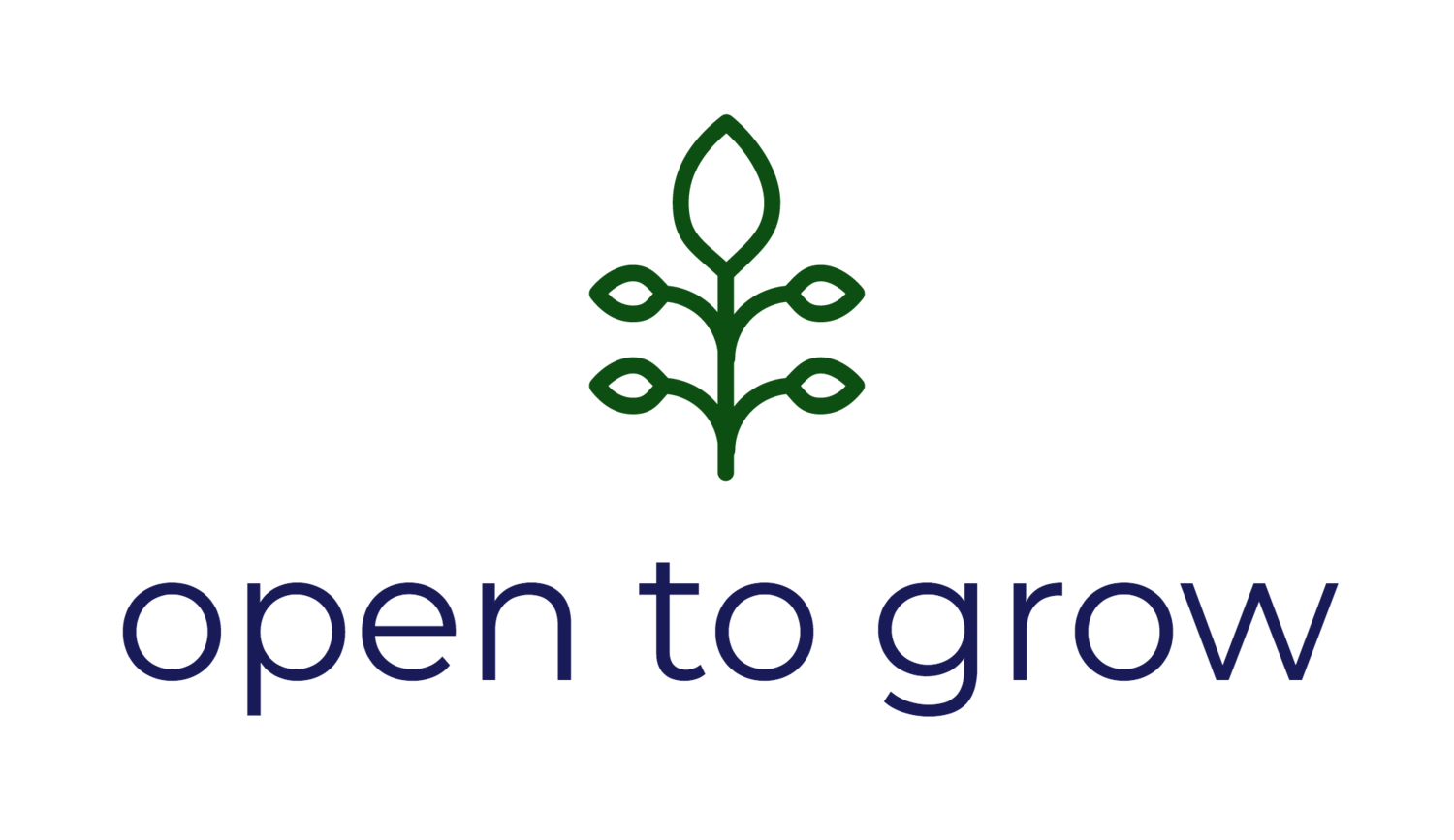Expressions of Power
/What makes us powerful? Is it innate or is it only real in reflection? In other words, are we only powerful when others give us power? Typing this I realize how naive that is. Some humans tacitly hold power by default - by gender, or age, or youth, or height or…..
Power can be as subtle as a hand grenade or soft as a warm embrace.
Talking about power is probably the most important thing leaders can do - because power (along with money and systems) is the water we swim in. We’ve been trained to look at power as hierarchy, and that's how we tend to orient around it - when we see it on an org chart, positional power is obvious. But within the possibility of a less hierarchical or traditional structure, If we are to learn how to lead together, we need to name and interrogate all of the ways in which power impacts work, leadership, relationships and development.
“In any system with humans in it, power relations exist, whether you formalize them or not... If you refuse to define power structures, informal ones will emerge almost instantly. Not expressing these can be extremely harmful to your organization.” — Francesca Pick
If you are a leader with positional power, it’s not simply a case of walking in on Monday morning and saying: ‘I’m going to decentralize my power”. That can be the equivalent of tossing a hand grenade into the room! Although the impulse might be coming from a benevolent place, if it’s articulated as a pronouncement, that act itself can further the very positional power you seek to distribute. It might even be coercion.
It’s not that simple, because if you are the leader of the organization, your ‘mandate’ to embark on a journey to lead together is essential. But don’t underestimate the care required to make that invitation from a place of seeking ‘power with’ or ‘power among’”
When we work collaboratively to make decisions and negotiate resources, we are exhibiting power with. Power over, power for and power with exist within a transactional paradigm. One person acts over another, one person acts for another or one person acts with another. In all three, a finite amount of power is divided between two or more people.
Power among is much more expansive. Fully self-organizing systems operate with power flowing among and through system participants. One person can use their power to advance the interests of the organization without anyone else feeling powerless.
The level of explicit-ness about what you are inviting is so important. More than a few times, I’ve seen very well intentioned leaders step back too far, too quickly, For men particularly, sometimes this revelation of the power of your voice creates a scary paradox - I’ve been in rooms of evolved, self-aware men who have become so fearful of the power of their voices that they sit and say nothing — turning the atmosphere into some sort of passive-aggressive vortex. Leading together doesn’t mean relinquishing power, it means acknowledging and transforming it.
Even after we start down the journey, we’ll notice that we tend to inhabit many contours of power. I’ve done a lot of work with leadership teams, and it’s really interesting to notice the different types of power that we identify with. I imagined that most leaders (or more explicitly managers) self-identify with the power of decision making, protection and rank/title. I’ve learnt over the years that there are a multitude of power cards that we hold and cling to. I encourage leaders to ask themselves these questions to help sense into their power preferences:
Am I attempting to influence the outcome?
Am I advocating for my preferred solution?
Am I wielding the fact that I hold the most context?
Am I leveraging my authority?
Am I trying to reinforce my status?
Am I making decisions on my own?
Like many of the elements of inquiry we delve into in Lead Together, our hypothesis is that a big part of leading together is first looking inward, at ourselves. We are all practiced at traditional forms of feedback and projection about the type of leader others perceive us as. But if we depend on that feedback as the be all and end all of what’s really going on for us not only will we get lazy, but so many opportunities for deliberate development may be missed. ‘Tell me what you think I’m bad at and I can fix it’ is not Leading Together.
Get curious! Spend a meeting challenging one another to note down all the power cards that turn up - and make sure you notice your own - who knows what you might find! And it might be fun - this work needn’t be so darned earnest and intense all the time.
Send us your list of power cards - we’d love to see what you come up with, as well as any experiments to see you might choose to lean into or transform them.
Some you can’t change. For example, I am the oldest member of the Greaterthan team. To pretend there is not power in that, the unchangeable reality that I have more years of experience, is a missed opportunity. As a team, we acknowledge our individual power contours - lean into it when it’s helpful, and mitigate it when it hinders. You will discover power cards that do not serve, and together with your team of leaders you can help one another notice, acknowledge and shift.
